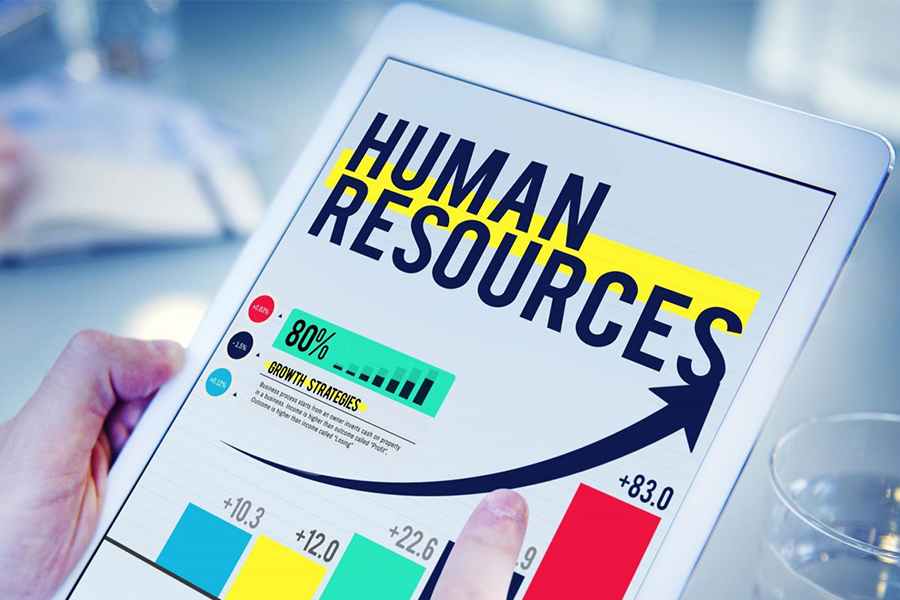Are you a small business owner juggling payroll, employee records, and compliance regulations, all while trying to grow your company? You’re not alone. Many small businesses find that managing human resources manually becomes overwhelming surprisingly quickly.
That’s where HR software comes in. HR software for small businesses streamlines essential HR tasks, automating processes like onboarding, time tracking, and performance reviews. It’s not just about saving time; it’s about empowering your employees and ensuring your business remains compliant and competitive.
In this article, we’ll explore how the right HR software can transform your small business, covering key features to look for, comparing popular options, and revealing how to implement a system that fits your specific needs.
Get ready to discover how to liberate yourself from tedious paperwork and focus on what truly matters: building a thriving business.
HR Software for Small Businesses: Streamlining Success
Why Small Businesses Need HR Software
Juggling numerous duties is typical for a small business owner. Managing employees effectively can feel like a massive chore.
That’s where HR software comes into play. It helps simplify complex tasks, freeing up time to focus on growth.
These tools offer solutions for payroll, benefits management, and tracking time off. Imagine the time saved!
Improved compliance is a key benefit. HR software helps avoid costly errors and legal problems.
Investing in the appropriate HR software is like employing a specialized HR assistant. It’s there for every administrative task!
Key Features to Look for in HR Software
When selecting HR software, crucial aspects should be considered. The choice hinges on your company’s specific needs.
Payroll processing is a must-have for managing wages and taxes. Ensure accuracy and timely payments.
Time and attendance tracking reduces manual work. Automate timesheets and minimize errors when paying employees.
Benefits administration streamlines insurance and retirement plans. Improve employee satisfaction with seamless enrollment.
Recruiting and onboarding tools help locate and integrate top talent. Create a welcoming and productive environment right away!
Performance management modules offer ways to track and develop employees. Regular reviews can boost morale and productivity greatly.
Top HR Software Options for Small Businesses

Several excellent HR software options cater to small businesses. Each provides different features and pricing.
BambooHR is a well-known choice for its ease of use and strong features. It suits growing companies nicely.
Gusto simplifies payroll and benefits for smaller teams. It provides great affordability and simplicity.
Zoho People offers a versatile and customizable HR platform. This can suit diverse business needs very well.
Paychex Flex provides comprehensive HR solutions, including payroll and insurance. It scales with your business growth.
Rippling combines HR, IT, and finance into one platform. It’s great for automating many tasks within a business.
Implementing HR Software: A Step-by-Step Guide
Implementing HR software involves careful planning and execution. A smooth rollout ensures maximum adoption by your team.
First, assess your existing HR processes. Find pain points and areas where software can provide support.
Next, choose the solution that aligns with your needs and budget. Conduct trials or demos to test the features.
Once you select your software, configure it for your business. Input important information about your company and team.
Then, train your staff on how to use the new system. Proper training is vital for realizing all the advantages.
Finally, monitor the software’s impact and make changes as needed. Ongoing optimization brings long-term success!
Benefits of Using HR Software for Small Businesses
Implementing HR software brings several tangible benefits to your business. See how it improves productivity and profitability.
Reduced administrative burden is a primary advantage. Less time spent on paperwork increases efficiency.
Improved compliance decreases the risk of costly penalties. This helps maintain legal conformity with regulations.
Increased employee satisfaction results from improved benefits and communication. Happy employees are more productive.
Better data insights help you make informed decisions. Understanding trends helps optimize your workforce.
Scalability allows your HR processes to evolve with your business. This saves money in the long run.